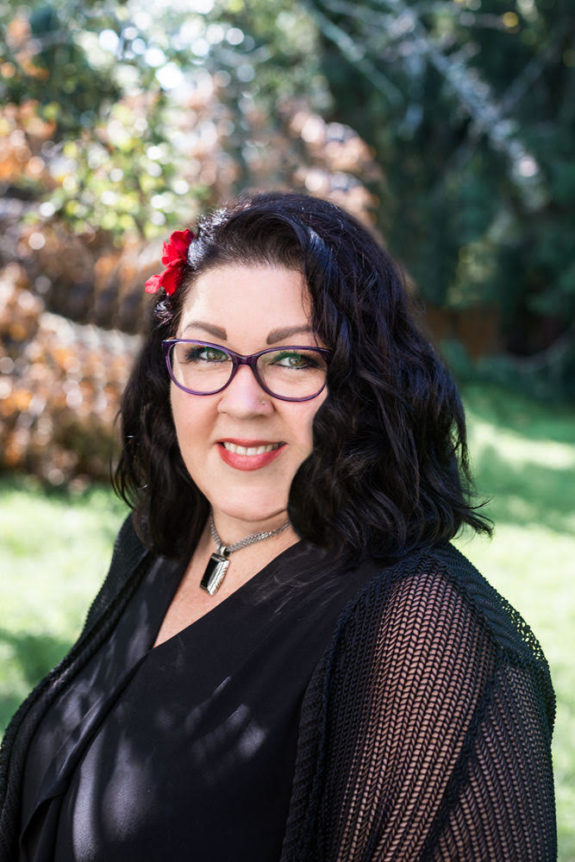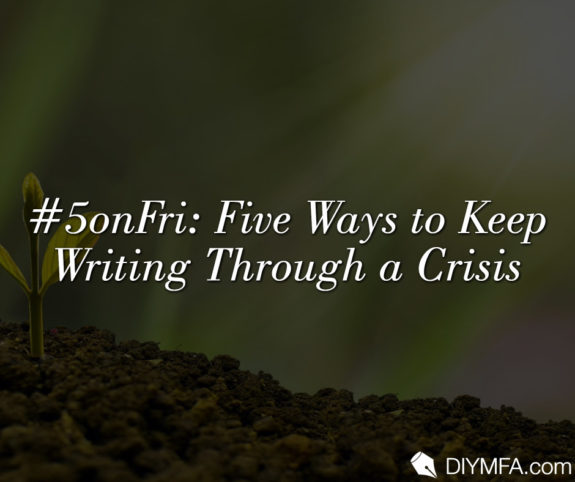We’ve all been through a prolonged crisis this past year. The Coronavirus pandemic has challenged the routines of even the most disciplined writers. Aside from the pandemic, we’ve had to weather a barrage of exhausting political Sturm und Drang, and the painful, violent reality of racism in our communities. In addition to multiple crises on a national scale, some of us have faced unimaginable personal losses, making writing all but impossible.
A personal loss can mean the death of a loved one, pet, or close friend. It can also be a divorce, losing a job, a financial blow, moving away, or even the loss of a dream, among others. In my case, I lost my 25 year-old son to a brain aneurysm in April. Because of the pandemic, we couldn’t have a funeral, so two weeks after his death, I received his ashes in the mail.
Throughout it all, there were moments I thought I would quit writing altogether, but I discovered some ways that helped me preserve my writer identity. So, whether you’ve also experienced a personal loss or feel like you’ve been in a relentless standstill due to everything else, what I’ve learned while trying to write during my own crisis may help you, too.
Give yourself permission to take a break from writing.
Some of us have such a strong work ethic that the mere thought of taking a break from writing causes anxiety. When my son passed, my first instinct was to keep writing because — despite my grief — I was afraid if I stopped, I’d never finish my WIP. However, after a day or two of sitting at my laptop and struggling to write, I decided it was healthier for me to take a break. I meditated, prayed, and talked to the people I’m closest to; I let myself be still and feel. And if I felt an inkling of guilt over not writing my novel during this time, I promptly squashed it.
Use your writing skills in a different way.
We have a unique skill set that lets us drill down to the core emotion underlying a set of circumstances. We can render truth out of conjecture, and we can make meaning where there seemingly is none. So in the midst of a crisis, we can hold on to our writer identity by doing things differently. One way is by focusing on writing smaller pieces like blog posts, personal essays, and poetry. Another way is to use journaling prompts to process emotions. If you google journaling prompts, you will find dozens of lists you can use. However, if journaling is too intense, you could also do a brain dump, which is simply a list of thoughts and feelings you pull out of your mind and put on paper. After my son died, it was difficult for me to journal, so I did a brain dump instead. While I had few epiphanies, I felt a little lighter each time I wrote a list.
Set a date to re-evaluate and return to your WIP.
When my son passed, I was halfway through a writing master class, and while I was determined to finish my manuscript, I knew I needed a break. However, I also knew I didn’t want to put my WIP on hold indefinitely, so I set a date to check in with myself and take my writing temperature. If I wasn’t yet ready, I set a new date to re-evaluate. In my case, these dates weren’t far apart; after the first week of shock, I checked in every 3-5 days until I decided it was time to get back in the chair. At that point, I set a new date, which was the day I went back to writing.
Of course, some people may prefer to have their check-in dates spaced further apart, but in my case, I wanted to get back to my WIP more quickly because I knew my son wouldn’t have wanted his death to stop me from fulfilling a lifelong dream. Everytime we talked on the phone, he asked me about my novel and how close I was to finishing it. He was invested in it almost as much as I was, and in the end, I used that to help motivate me to start writing again.
Adjust your expectations.
When we start doing an activity again after some time off, we need to transition back into it; we know we can’t resume the activity at the same level before we quit. Thus, when I started writing again, I adjusted my expectations. I didn’t expect to immediately produce the same average word count or daily writing time pre-crisis, so I cut those numbers in half. For example, prior to April, I was averaging 1,500-1,800 words in about 90 minutes of writing per day. When I got back to writing, I lowered my goal to around 750-1,000 words a day, however long that took me. In the beginning, I only managed around 500 words some days, and I wasn’t able to concentrate for more than an hour or so. In addition, I went from writing 6 days per week pre-crisis to only 4 or 5 days per week. In my case, I was back to my normal speed and frequency within three weeks, but everyone’s pace will be different.
Be prepared for “aftershocks” and the possibility of another break.
Sometimes when we get over the initial shock of a crisis and we think we’ve put it behind us, it can sneak back up on us. I call these aftershocks, and sometimes they come in smaller waves or they hit us hard and pack a wallop. The latter is exactly what happened to me. My son died in April, and I was back to writing at my normal pace within a few weeks. I spent the summer revising my manuscript and working on my author platform, which kept me busy. I thought I was doing quite well, but then, at the end of September, an overwhelming wave of grief knocked me down. Hard. I’m still struggling to get back to my WIP, but I’ve been employing the steps above and this past week I’ve decided I’ll resume writing within the next two weeks. I’ve set a date and I’ll write something, even if it isn’t a lot. I’ve committed to accepting whatever comes and being grateful for it.
While I never would have imagined that anything could make me go several months without writing, I’m giving myself some grace while working the steps that were helpful for me in the first go around, knowing that in the future, I may have to work them again.
And again.

Anita Ramirez is a writer and teacher who transforms bilingual, dispassionate teens into lovers of books, one reader at a time. When she’s not teaching Hispanic/Latinx literature and composition to her high school students or linguistics at the college level, she’s revising her first bilingual YA novel and attempting to win NaNoWriMo while writing her second. Anita is a California native who’s been living in New York for the past 25 years. She loves the poetry of Pablo Neruda, teen movies from the 1980s and café con leche. You can find her at www.anitawritesbooks.com and connect with her on Twitter and Instagram.







